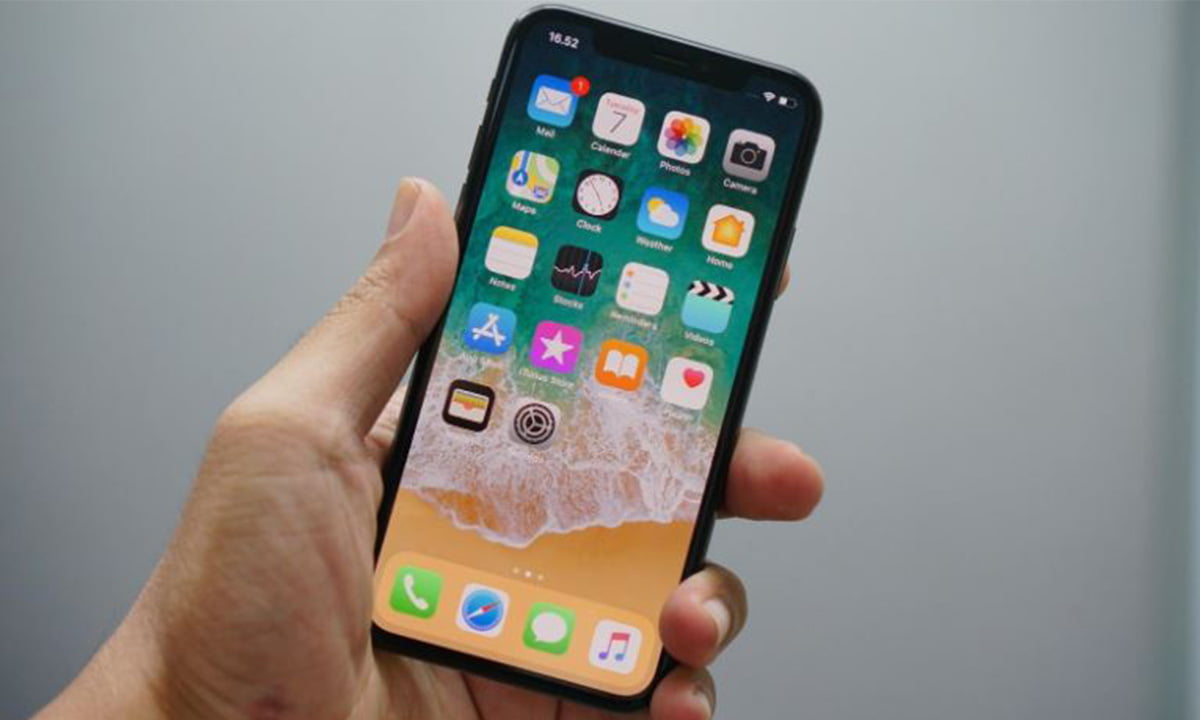It’s a common misconception that iPhones are completely invulnerable to viruses and cyber-attacks. iOS is indeed a more secure operating system than Android, but any device that can connect to the internet is vulnerable to attack, regardless of the level of security the device has. In addition to cyber-attacks, iPhone users also have to beware of theft and keep their phones secure in case they’re stolen. If you have an iPhone, it’s important to understand the security threats that iPhone users face and what you can do to protect your iPhone in 2021.
MUST READ – Psychology Facts About Music Which You Should Know
- The Top 2 Security Threats that iPhone Users Face
There are two main security threats that iPhone users face. One is phishing and the other is theft. Many hackers are focused on iPhones because the data they contain is often of higher value than an Android or other smartphone. Many wealthy people and business people own iPhones and use them for work or making purchases online. This, along with the fact that they have very good built-in security, makes them a target for hackers who are phishing for confidential or financial information. They do this either by luring people in with misleading information or by posing as someone they know or trust. Hackers can also get into an iOS through fake apps.
Another threat that iPhone users face is physical theft of the device. iPhones are obvious targets for thieves because they can either extract data that’s worth a lot of money or sell the phone for a higher amount of money than other smartphones. If you don’t secure your iPhone and the data inside, it’s easy for someone to misuse it if the phone is stolen.
- 4 of the Best Ways to Secure (Protect) an iPhone In 2021
Now that you understand more about your iPhone’s vulnerabilities, you can take some measures to protect your device. Here are four of the best ways to keep your iPhone secure.
- Set Strong Passwords
You can use Face ID or Touch ID to log into your phone, but you’ll still have to set a passcode for iCloud and the App Store. Instead of setting the traditional 4- or 6-digit code that iOS defaults to, it’s much more secure to set a custom alphanumeric code. If you set a 4- or 6-digit code, advanced hackers can use algorithms to figure out what the code is because there are a limited number of possibilities. However, if you set a custom alphanumeric code, there’s no way for anyone or any system to know how many characters your code is or whether it contains numbers, letters, or both. Simply put, it’s impossible to guess.
- Enable 2FA
For an added layer of security, you can enable 2FA for your Apple ID. 2FA stands for two-factor authentication and it protects your device by sending a live code to an authorized device of your choosing. Every time you log in to the phone or part of the system, you’ll need to enter a unique code that’s sent to another device of yours in addition to entering your passcode. A custom alphanumeric passcode coupled with 2FA makes it pretty impossible to hack.
READ MORE – Apple Music To Launch New Animated Album Covers
- Browse the Internet with a VPN
Especially if you make online purchases or need to connect to a public Wi-Fi hotspot, you should use a VPN when you browse the internet. Using a VPN for your iPhone means that all your data is encrypted and your IP address is masked, so your personal data won’t be leaked and no one will be able to see where you’re using the internet from, including hackers, your ISP, and even the government.
- Be Wary When Downloading Apps
Because malware can enter an iPhone through fake apps, you should always be wary when downloading new ones. Only download verified apps from verified sources and never click on links in email or private messages if you’re not completely sure where they’re coming from or where they lead to.
Follow the simple tips above to protect your iPhone super secure and protected in 2021.











